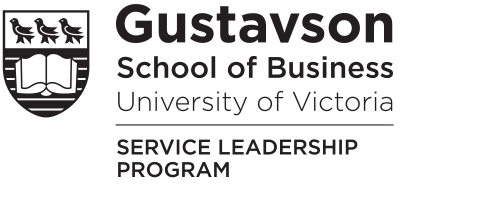In 2016 the Harvard Business Review published a wonderful paper based on the results of research on more than 10,000 U.S. consumers about their perceptions of nearly 50 U.S.-based companies. The authors had this to say about their main finding: “Products and services must attain a certain minimum level, and no other elements can make up for a significant shortfall on this one.”[i]
Read more
One approach I always advocate for and one you might find useful in terms of employee success is what I call the tight-loose-tight approach, with coaching serving as the final tight. I strongly promote this approach in my consulting and workshops, as it is a simple way to think about employees’ success. A few companies I have worked for, like the Commonwealth Bank of Australia, have used this approach with great success.
Read more
There is a symbiotic relationship between customer service and coaching. The science of customer service, which is built around the 3Rs of reliability, responsiveness, and relationships, give us a behavioural framework in which to educate employees on how to deliver great customer service. This framework, based on 20 years of research on service quality in the eyes of the customer, is presented below: Read more
How are you using the science of service to further your customer experience cause?
We lean on science for so many things. To help us understand the mind, we explore the science of psychology. To learn about body movement and posture we could study kinesiology. To learn about poor leadership, we could examine the science of Trumpology. I could go on, but I digress.
If we wanted to be better at hiring in organizations, we know that a clear and compelling hiring process would help us to be more rigorous at hiring better people and help the organization perform at a higher level than if we did not have one. This hiring process is likely built on best practices and science including behavioral psychology (for interview questions) as an example.
The same could be said for budgeting. Imagine if we had no budgeting framework or clear process for managing our income and expenses – it would be inefficient at best and chaos at worst. We would not build this budgeting process on intuition, we would learn from the science of financial mathematics or experimental finance – two important branches of the science of finance.
Now, think about customer service. The same is not true for this branch of science – most organizations don’t know this branch even exists or perhaps even care (if it does exist how scientific can it really be?). And in terms of ‘service systems’ – which are systems designed within organizations to take advantage of the science of service and build accountability for the customer experience across the organization – they are hard to find as organizations focus their attention on more established systems, such as information systems.
This is mysterious given the science of service is robust, useful and informative – even if it is emerging. Why are organizations not using this science as they would other sciences?
Just to be clear when I refer to the term “science” I mean a “systematically organized body of knowledge on a particular subject that illuminates general truths or highlights the operation of general laws in that subject area.”[i] I would like to highlight that there have been thousands of research papers focused solely on investigating service quality in the eyes of the customer. The science of service is a well-researched and established field, which organizations could and should use.
For example, between 2013-2018 more than 800 papers were written with “service recovery” in the title (service recovery is academic-speak for recovering from service problems caused by the firm). Clearly, we need to take advantage of this comprehensive research on handling and recovering from problems in the service context. Imagine trying to solve customer problems without tapping into this vast science – if you are a leader in a service organization you would be unwise not to use it to help your organization recover effectively from mistakes and systematically learn from them.
My point is, we all serve a client – whether internal (your colleagues are customers) or external – they are your organization’s customers. So why not use the science of service to help you become more effective and efficient at delivering great customer experiences every day?
Remember: The Science of Service is out there, let’s use it
[i] Oxford English Dictionary online.
